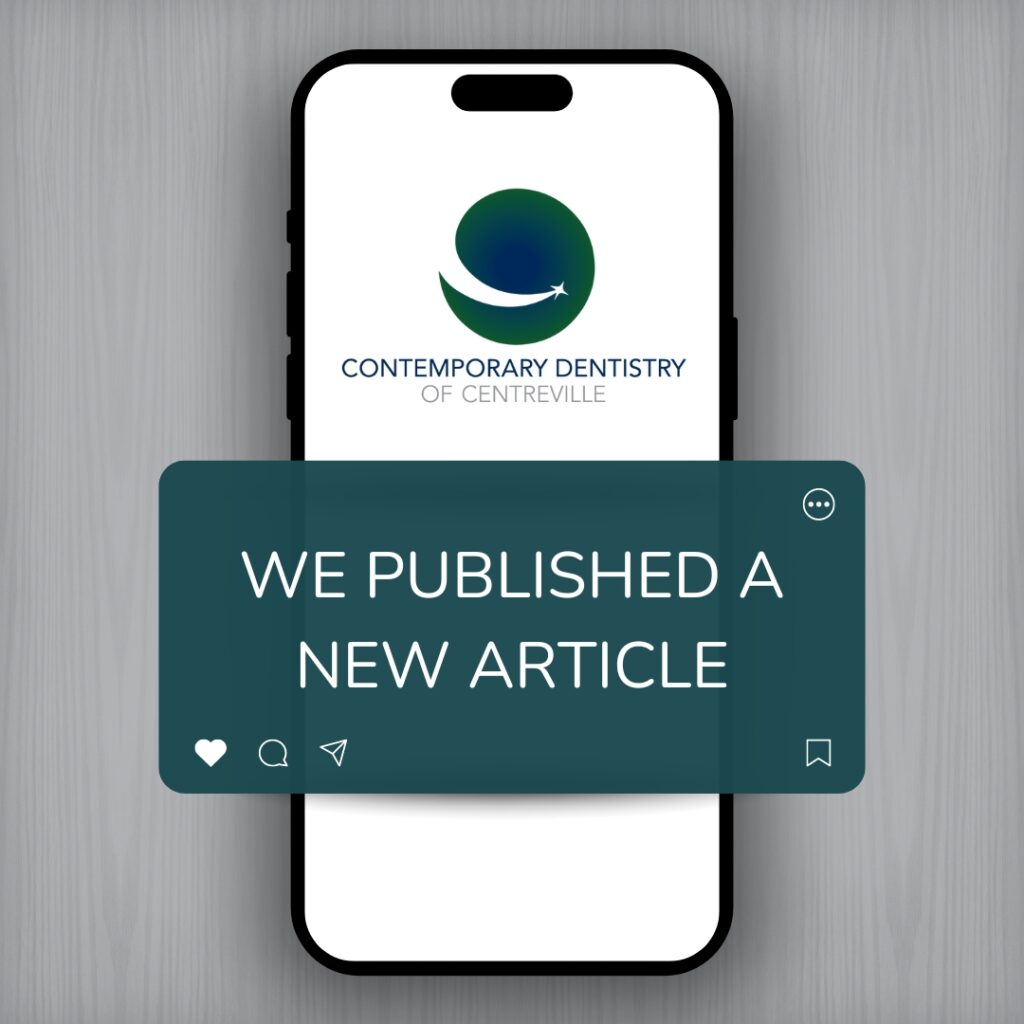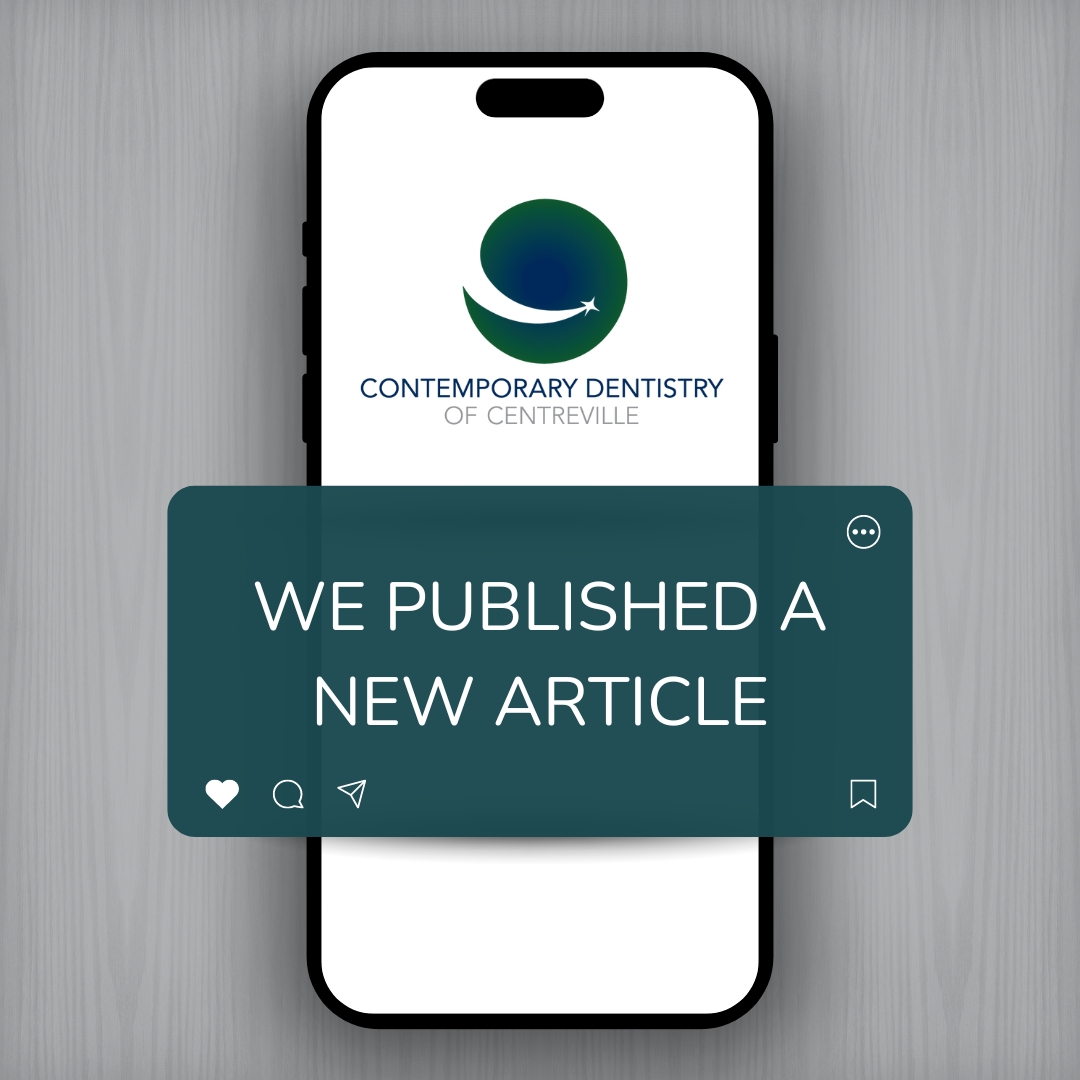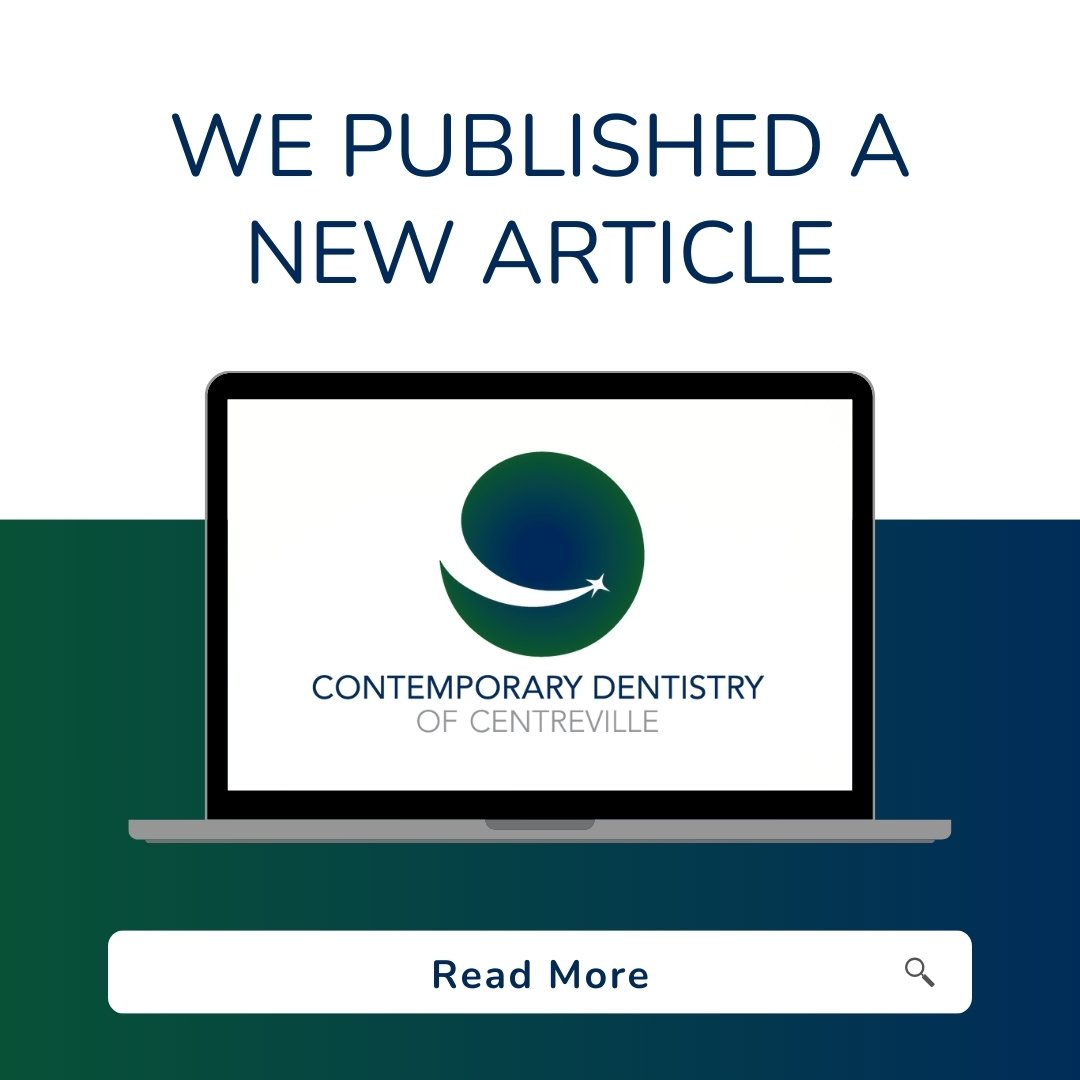
At Contemporary Dentistry of Centreville, we understand that oral health is essential for overall well-being. If you’ve been neglecting your brushing, flossing, or professional cleanings, you might be at risk for gingivitis, a common and mild form of gum disease. The encouraging news is that with the right oral care and our professional support, gingivitis can be reversed.
What Is Gingivitis?
Gingivitis is the initial stage of periodontal disease, characterized by inflammation of the gums. Common symptoms include:
- Red, swollen, and tender gums
- Sensitivity to hot or cold
- Gums that bleed easily
- Persistent bad breath
If left untreated, gingivitis can progress to periodontitis, a more severe condition that is one of the leading causes of tooth loss in adults.
Who Is at Risk for Gingivitis?
Gingivitis is widespread, affecting over half of all adults over the age of 30. Certain factors can increase your risk, including:
- Gender: Research indicates that men may be more susceptible, possibly due to hormonal factors or lower dental visit frequency.
- Socioeconomic status: Individuals from lower income brackets or with less education often experience higher rates of gum disease.
- Tobacco use: Smokers are at greater risk because tobacco can impair the body’s ability to fight infections.
What Causes Gingivitis?
The primary cause of gingivitis is the accumulation of plaque and tartar on teeth, which results from inadequate oral hygiene. The bacteria in plaque irritate the gum tissues, leading to inflammation. Other contributing factors can include:
- Crooked teeth that are difficult to clean
- Hormonal changes, such as those during pregnancy
- Dry mouth conditions
- Certain medications that may contribute to gum inflammation
- Underlying medical conditions like diabetes
How Is Gingivitis Treated?
The first step in treating gingivitis often involves a deep cleaning procedure known as scaling and root planing. This treatment effectively removes plaque and tartar from below the gum line and smooths out the root surfaces to promote healing.
In addition to professional treatments, it’s crucial to maintain a consistent oral hygiene routine at home. This includes:
- Brushing twice a day with fluoride toothpaste
- Flossing daily
- Using mouthwash to help reduce bacteria
If you notice any symptoms of gingivitis, please schedule an appointment with our dental office right away. Our team will evaluate your condition and work with you to restore your oral health.
We encourage you to book your routine dental examination and cleaning with us at Contemporary Dentistry of Centreville. Our preventive services are designed to keep your smile healthy for years to come. Reach out to us today to schedule your appointment!











